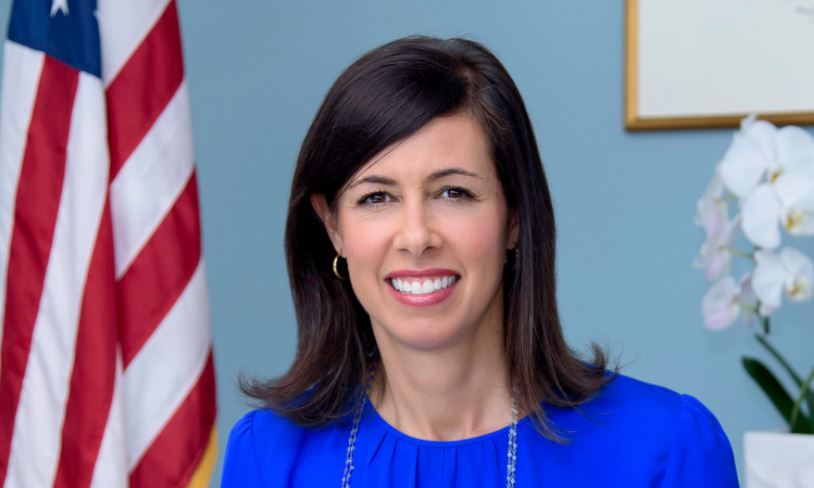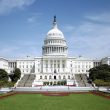FCC initiates proceeding, strike force to halt 911 fee diversion
FCC commissioners took the first step in fulfilling a mandate from Congress by unanimously approving a proposed rules to help tackle the longstanding issue of states and other governmental entities diverting revenues from 911 fees to initiatives that are not related to the emergency-call workflow.
In December, Congress passed the “Don’t Break Up the T-Band Act of 2020,” which included language directing the FCC to adopt rules by June 25 that define what types of funding would constitute improper diversion of revenues collected from 911 fees charged to phone subscribers. In addition, the legislation charged the FCC with establishing an interagency strike force to study the matter and report to Congress in the fall
Acting FCC Chairwoman Jessica Rosenworcel—an outspoken opponent of 911 fee diversion for years—said it was “fitting” that the first FCC vote with her acting as chair would be about 911 fee diversion, particularly as the industry seeks funding sources to pay for upgrades to next-generation 911 (NG911) technologies.
“The reality is that, with the advent of the digital age, there are technologies that could improve this system and enhance emergency calling,” Rosenworcel said Wednesday during the virtual FCC meeting, which was webcast. “However, we are unlikely to see those upgrades in all parts of the United States without first halting a practice known as 911 fee diversion. That simply means that, when states allow a charge on communications bills for 911 service, they should not be turning around and sending those fees elsewhere, shortchanging public safety in the process.
“We know the results of 911 fee diversion can be tragic. It can lead to understaffed calling centers, longer wait times for an emergency, and sluggish dispatch for public-safety personnel.”
FCC Commissioner Brendan Carr agreed and—like Rosenworcel—applauded the efforts of former FCC Commissioner Michael O’Rielly to halt the practice of 911 fee diversion, which has been practiced by at least a handful of states for many years.
Under the notice of proposed rulemaking, the commission asks commenters to define acceptable uses of revenues collected from 911 fees, as well as what kind of appeal procedure would be available to a state or other jurisdiction that is designated as a 911 fee diverter.
Nominations of members for the new Ending 911 Fee Diversion Now Strike Force are due on March 19, according to a notice issued today by the FCC’s Public Safety and Homeland Security Bureau (PSHSB).
“All good ideas are welcome—we need them,” Rosenworcel said, referencing the task force. “In fact, I believe they can make a meaningful difference as we navigate both the ongoing pandemic and the transition to next-generation 911.
“They are especially important for states wrestling with funding challenges, and they matter deeply for the nation’s 911 operators who run emergency call centers across the country. They deserve the support intended for them. Fee diversion needs to stop.”
APCO Executive Director and CEO Derek Poarch expressed support for efforts to prevent diversion of revenues from 911 fees, as well as an evaluation of 911 funding overall.
“APCO looks forward to recommending effective measures for ensuring that funds intended for 911 are used for 911,” Poarch said in a prepared statement. “This will necessarily entail consideration of the extent to which 911 centers are being sufficiently funded through all sources, whether or not fee-based.”
Dan Henry, regulatory counsel and government-affairs director for NENA, echoed the support for the proceeding but cautioned against measures that would penalize 911 systems for funding decisions made by elected state officials.
“Now more than ever, when funding is needed in every state to speed the rollout of next-generation 911, it is imperative that monies paid by American consumers to support 911 not be redirected to other purposes,” Henry said in a prepared statement. “It is also critical, however, that we avoid punishing 911 for actions outside its control. We’re looking forward to responding to the notice of proposed rulemaking, and appreciate the commission’s focus on the issue.















